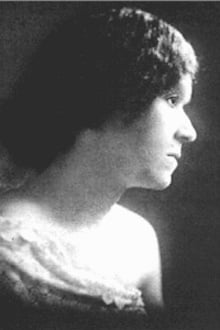A Drop of Midnight: A MemoirPosted in Autobiography, Biography, Books, Europe, History, Media Archive, Monographs, Slavery on 2022-02-26 21:15Z by Steven |
Amazon Crossing
2020-03-01
304 pages
5.5 x 1 x 8.25 inches
Hardcover ISBN-13: 978-1542017077
Paperback ISBN-13: 978-1542016704
Audio CD ISBN: 978-1799726296
Rachel Willson-Broyles (Translator)
World-renowned hip-hop artist Jason “Timbuktu” Diakité’s vivid and intimate journey through his own and his family’s history―from South Carolina slavery to twenty-first-century Sweden.
Born to interracial American parents in Sweden, Jason Diakité grew up between worlds―part Swedish, American, black, white, Cherokee, Slovak, and German, riding a delicate cultural and racial divide. It was a no-man’s-land that left him in constant search of self. Even after his hip-hop career took off, Jason fought to unify a complex system of family roots that branched across continents, ethnicities, classes, colors, and eras to find a sense of belonging.
In A Drop of Midnight, Jason draws on conversations with his parents, personal experiences, long-lost letters, and pilgrimages to South Carolina and New York to paint a vivid picture of race, discrimination, family, and ambition. His ancestors’ origins as slaves in the antebellum South, his parents’ struggles as an interracial couple, and his own world-expanding connection to hip-hop helped him fashion a strong black identity in Sweden.
What unfolds in Jason’s remarkable voyage of discovery is a complex and unflinching look at not only his own history but also that of generations affected by the trauma of the African diaspora, then and now.




